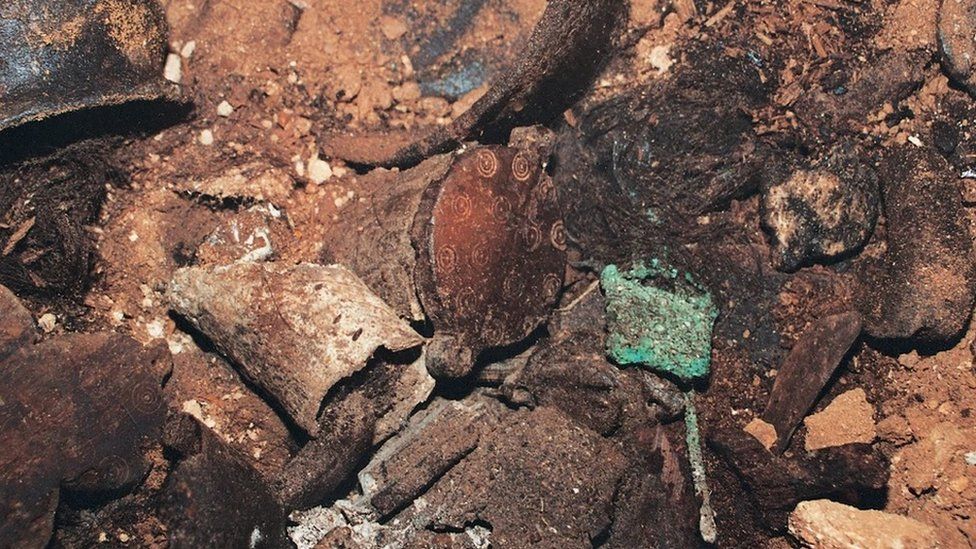People were taking drugs in Spain 3,000 years ago, study finds

People were getting high on hallucinogenic drugs in Spain around 3,000 years ago, according to new research.
Scientists say that hair from a burial site in Menorca shows that ancient human civilisations used drugs derived from plants and bushes.
It is believed to be Europe’s oldest direct evidence of people taking hallucinogenic drugs.
They would have induced delirium and hallucinations, researchers found.
The findings, published in the journal Scientific Reports, showed signs of human activity at the Es Càrritx cave, on the south-western side of Menorca.
The cave houses more than 200 human graves, and is believed to have served as a ritual and funerary site for about 600 years, until 800BCE.
Researchers found that the substances, which had the potential to be quite strong, may have been used as part of rituals held at the cave. These may have involved shamans “who were capable of controlling the side-effects of the plant drugs”.
Analysis of the locks, which had been dyed red during the ancient rituals and could have come from more than one person, detected three psychoactive substances.
Along with atropine and scopolamine, which induce hallucinations, scientists found ephedrine, which boosts energy and alertness.
Researchers also noted that containers were found in the cave with spiral motifs carved on the lids. Some scholars, the report said, have considered this to represent a person’s “altered states of consciousness” while under the influence of hallucinogens.
Previous evidence of prehistoric drug use in Europe had been based on indirect evidence such as the appearance of drug plants in artistic depictions.











